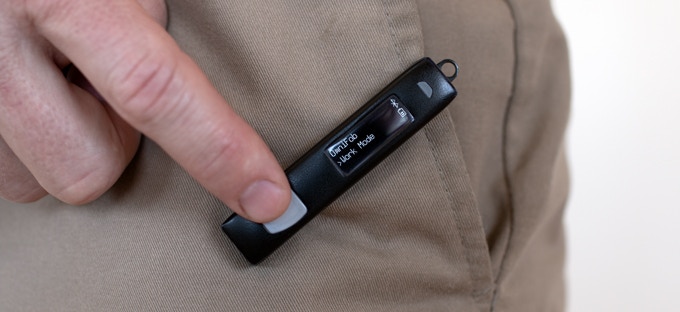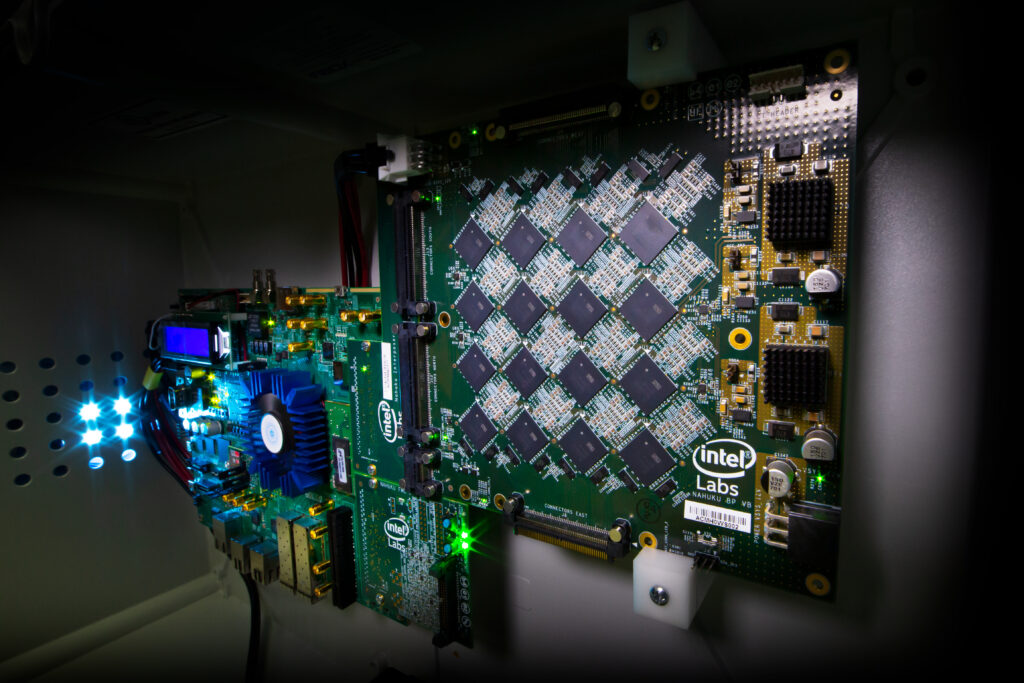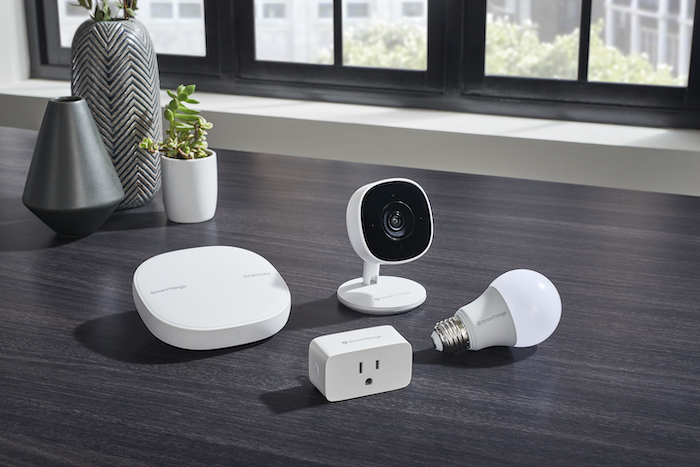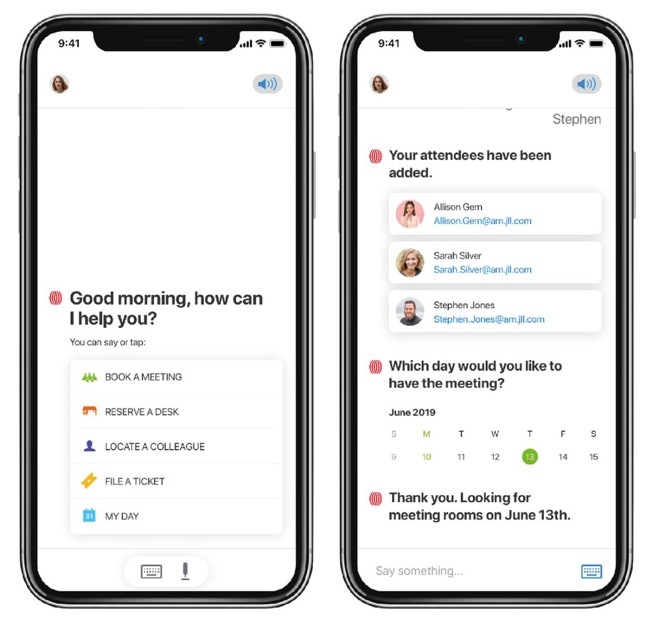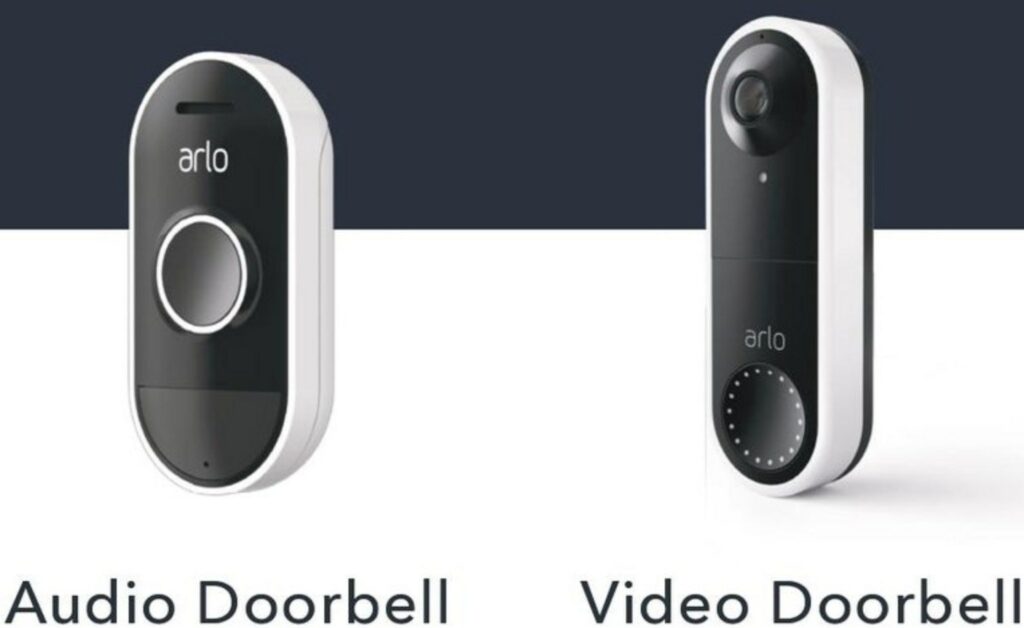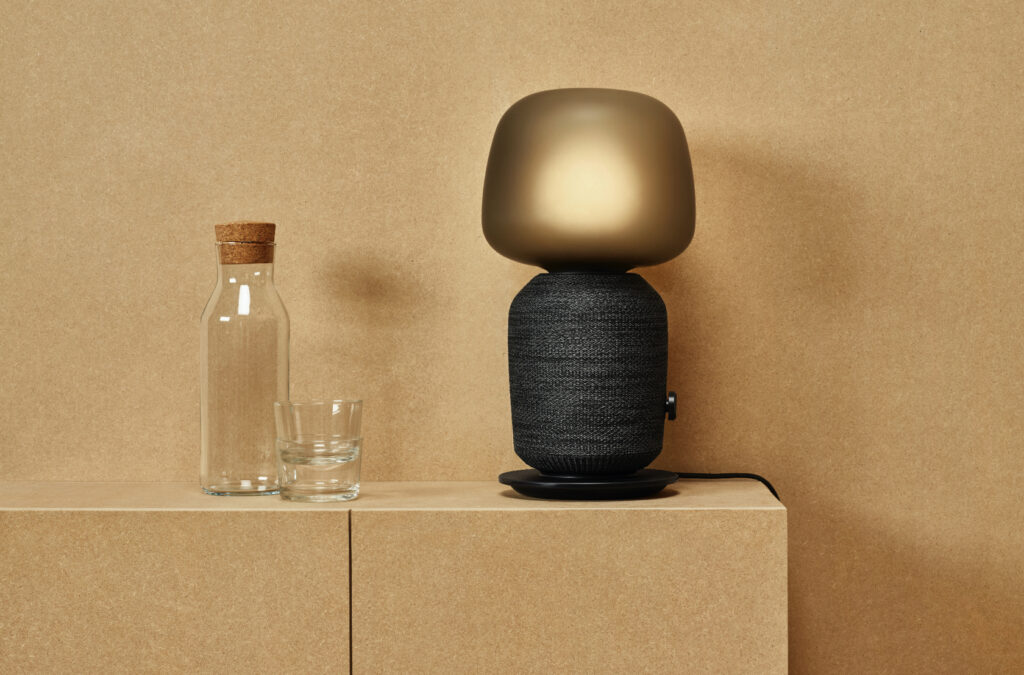This week Kevin and I continue to follow the never-ending saga of companies who sent people’s voice utterances to contractors without disclosure and pile on with more disconcerting news about Amazon’s facial recognition service getting the ability to detect fear. From there we discuss partnerships (LIFX and Brilliant, LG and Lumi); breakups (Microsoft and Johnson Controls, TP Link’s Kasa and HomeKit); and things that aren’t working (Google and Wink). We sprinkle in some Defcon news about acoustic attacks and hacked telephones before finishing with a study about power consumption on your voice-controlled TVs. We then answer a question about automating a bathroom exhaust fan.
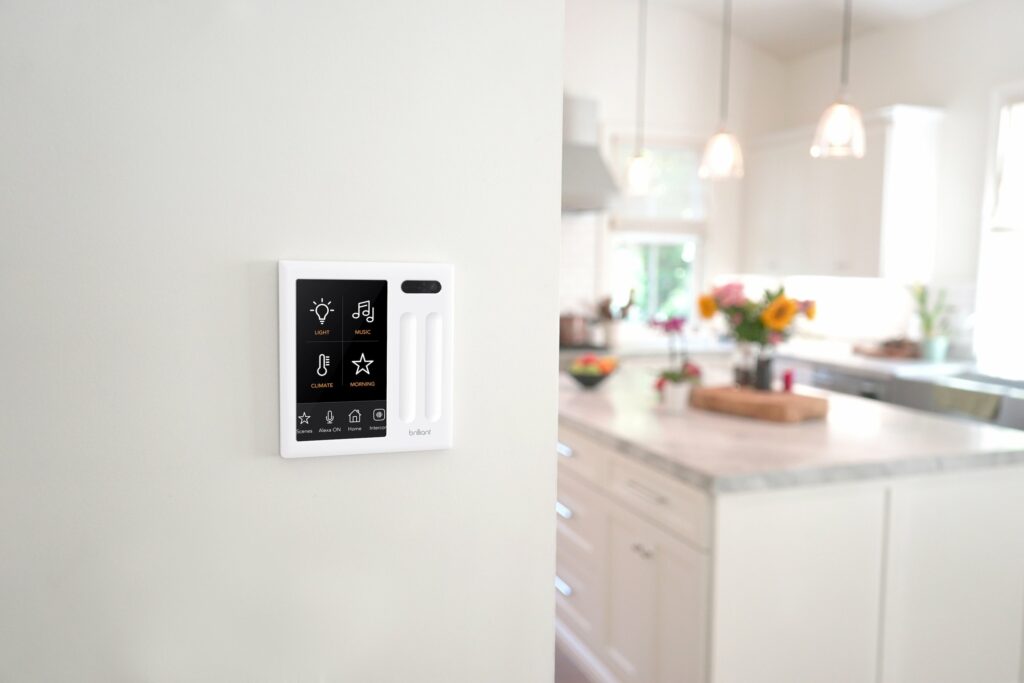
Our guest this week is Adam Smith, director of marketing at LitePoint, a company that makes wireless test equipment. He came on the show to discuss the reasons LightPoint joined the FiRa Consortium, while also giving a primer on how the location-finding and the security features work. After that, we discuss how he decides which wireless tech to bet on and which ones he’s most excited about today. You’ll learn a lot.
Hosts: Stacey Higginbotham and Kevin Tofel
Guest: Adam Smith, director of marketing at LitePoint
Sponsors: Nutanix and DigitalOcean
- Overt surveillance and covert manipulation, coming to a phone near you
- Take ups and breakups in the smart home
- Huawei has a new OS to replace Android on its devices
- What the heck is FiRa and how does it work?
- Using time of flight to secure a wireless link
Podcast: Play in new window | Download | Embed
Subscribe: RSS

